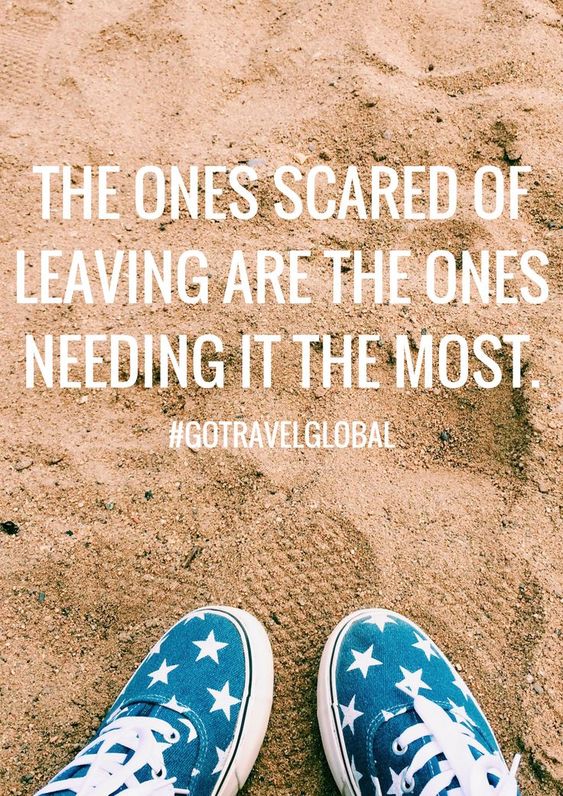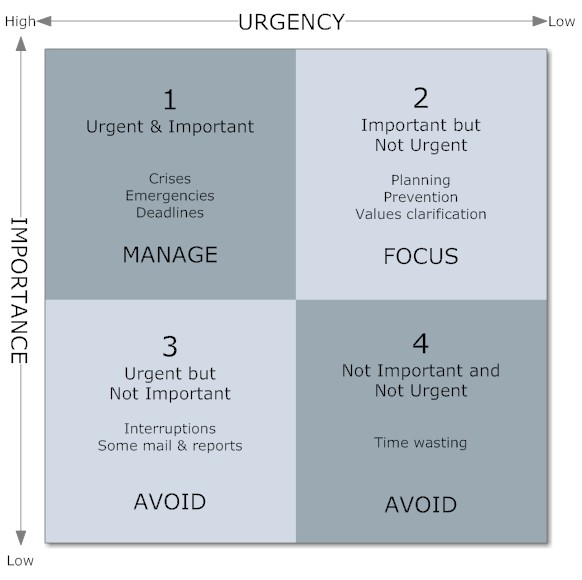Have you ever gone on vacation, come back, sat down to work at your desk the first day back, and just sat there?
Either you are still dreaming of the beach, not sure what to do first, or completely overwhelmed by 1,000-plus emails, a multitude of tasks, plus the calls and meetings required to “catch up.”
It can be daunting! If you’re lucky enough to have a transition day between getting home and going to work, I have found that extremely helpful.
I have a few tips for you when you’re headed out for a 2-week vacation (which we all need once a year, by the way.)

By the way, did you know people in some European countries like Germany and France get a 3-week vacation? I met several of these lucky people while in New Zealand several years ago.
But I digress … on to our tips!
Before you Leave
1. Make a ‘when I get back’ to-do list in your planner before you leave AND start a note on your phone.
I like the ColorNotes app, which looks like a yellow sticky note, and you can either title or color your notes to sort them. You could start work or business-related notes with a W or a B, then add the note topic in the title. In this way, your alphabetized notes will be grouped together.
(Other options for apps are Evernote and Don’t Forget the Milk.)
Example: ‘Wk.- when I get back from Idaho’
In this way, you’ll write down your to-do list before you leave AND have a pre-planned place on your phone to capture any thoughts that pop up during your vacation. Just jot them down and forget about them! This way you can really relax and leave work behind.
2. If you have an important meeting or meetings the first day back, it is also a good idea to send out the agenda, reminders, and/or materials to the people involved before you leave for your vacation.
I recently did this because I have a meeting with a bank executive about a time management workshop two days after I return from Idaho. I emailed him the materials he needs to prep for the meeting.
Avoid the mindset that the office cannot possibly continue without you while you’re away. Many managers and entrepreneurs fall into this mindset, and it leads to overwork, excessive fatigue and stress before a vacation. Don’t overwork yourself and get sick right before your time off! You deserve a vacation and your team/coworkers will survive without you.
Now you can go on your vacation, carefree and able to enjoy yourself, for a week, two weeks, or even longer if you’re fortunate!

![]() Priorities for Your First Day Back
Priorities for Your First Day Back
Sometimes it’s a shock to discover the company didn’t keel over and die while you were gone, isn’t it?
Your first step needs to be taking time to make a plan of attack for the week before you get distracted by checking emails or taking any calls. This is crucial, because now is when you need to be proactive instead of reactive to the demands on your time.
One tool I use to help corporations understand why prioritizing and acting on your important work first is:
Eisenhower’s Time Matrix

Ideally, the first day back to work needs to be a transition day, spent doing Quadrant 2 activities like planning and prevention, doing long-range planning and brainstorming creative ideas for your projects or pesky work issues.
After vacation, it’s likely that you are filled with renewed energy and optimism now that your brain has had a break. That is the hope and the goal, to be sure!
Suggested actions (in order of importance):
- Close your door, turn off notifications and sit down to think about what rises to the top of your thoughts. Projects, managerial quandaries, compromises, deals in the works, etc. Try to get ‘outside the box’ and let your mind do the work. Use a pen and paper, a voice recorder, or a blank Word doc to record your thoughts.
-
Many times, setting aside time to think is the most productive activity of all.
-
- Next, review your scheduled meetings and upcoming commitments & look at your ‘when I get back’ list. Plan the best time to complete that work, and set any new ideas in motion during the upcoming weeks.
- Check in with team members on any delegated responsibilities. Plan next steps with them, and identify the next milestone for each project, who will report, and when.
- Plan a team huddle or a brief meeting for your second day back (or afternoon of the first day) with staff or your team to discuss what went on while you were away. It often saves time to have a group discussion rather than having 3-6 (or more) individual meetings about the same topics. Use your valuable time efficiently!
Think of today as a transition day, and don’t have any super aggressive plans or a sales meeting. Most people need one day to really get back in the swing of things. So don’t be too hard on yourself if you’re not massively productive the first day back.

Ideas for Refocusing after Vacation
Now, what can you do if you’re having a hard time refocusing and find yourself dreaming about cool drinks and beach chairs by the surf?
Here are some things that have worked for other professionals and company leaders I’ve coached:
- Try taking a short walk outside the office without your phone. It sounds silly and counterproductive at first, but I have found it clears my head and gets enough of that nervous energy out, and, additionally, provides undisturbed time to think. When I get back to my desk, I am ready to focus. My business coach taught me this, and I in turn teach it to my time coaching clients. Try it. It works!
- Regroup by reading a few testimonials from happy clients, or some reviews to refocus on the WHY of your work. Why do you do this? Are you motivated to serve, to make the world better, to produce the best product ever, or [fill in the blank]?
Whatever you are driven to do, take time to get back to the roots of the WHY and that will help you regroup and be motivated to get back to your job.
- Refocus by looking at your big picture goals and the vision for your company or your career. This is a Quadrant 2 activity, the Quadrant of quality. Doing this thinking will energize you and get you back on track. I use the wise owl for the symbol of quadrant 2.

Other Ideas for Refocusing
- Talk to a mentor, business coach, or someone you really respect.
- Turn on some music that helps you think or relax.
- Get up and get a drink of water.
- Get a snack.
Unique Real-life Example of Refocusing and Relaxing
Ultimately, it is definitely worth it – and important – to take a vacation. You deserve it. You need it! Don’t worry. If you do the two things to prep for your absence and follow these guidelines upon your return, you’ll find the transition back to work much easier than ever before!
And I’d love to hear which strategies worked the best for you. Please comment!








